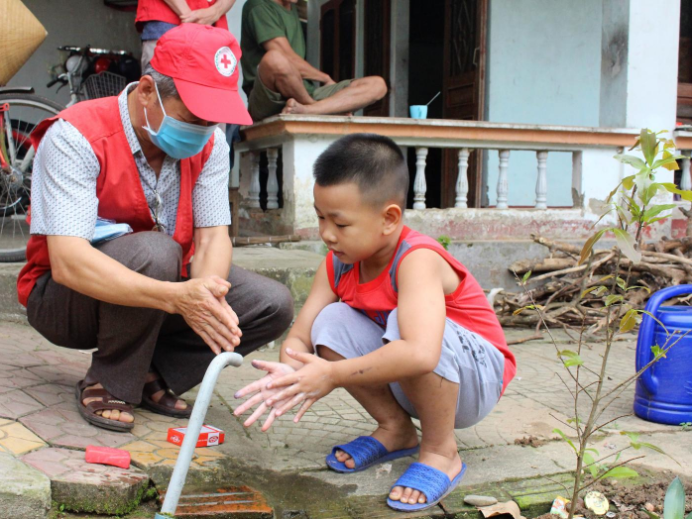
THIRTY million children are at risk of disease and death because of the secondary impacts of the COVID-19 pandemic, a new report warns.
Aftershocks, a new report released today by child-focused aid charity, World Vision Ireland, reveals millions of children are under threat from other diseases and increased food insecurity.
Weak health systems quickly becoming overwhelmed and more people being pushed into extreme poverty means lives are at risk, the charity says.
The charity has announced that it plans to increase its initial reach from 11 million to 22.5 million people across 17 priority countries, with its Covid-19 response.
The report analyses the devastating secondary impacts on children of the 2014-2016 Ebola outbreak, and models what would happen if they were replicated in the current crisis.
It focuses on these consequences in the 24 most fragile countries covered by the UN’s COVID-19 humanitarian appeal.
Key findings:
- Secondary impacts will threaten many more children’s lives than COVID-19 itself. Current child deaths are low because severe novel coronavirus infections are rare among children.
- As many as 30 million children’s lives are in danger from secondary health impacts:
- 26 million+ children at greater risk of being exposed to other deadly diseases for lack of immunisation
- 5 million+ children could suffer from increasing malnutrition, an increase of almost 40% from current levels
- 100,000+ children could die from malaria, a 50% increase from current levels
Niall McLoughlin, CEO of World Vision Ireland, said, “30 million children’s lives at risk is a shocking statistic and it really brings home the reality that children are so vulnerable in a crisis. Experience tells us that when epidemics overwhelm health systems, the impact on children is deadly.
“They are so dependent on their parents and susceptible to plunging into extreme poverty, should anything happen to them.
“As well as already being vulnerable to diseases and malnutrition, the secondary impacts of a crisis like Covid-19 on children in fragile contexts is devastating – oftentimes, they must engage in child labour to survive; see their families sink into poverty; or suffer isolation and psychological harm.” he said.
World Vision, which launched a major emergency response to the Ebola outbreak in 2015, analysed various impacts including reduced access to healthcare, decreased immunisations and a rise in malnutrition.
The report demonstrates that the combination of pre-existing weak health systems, populations with high need, and this current pandemic may lead to catastrophic mortality for children.
The report comes as World Vision launches its €70 million response plan to combat the effects of the virus.
With the majority of its more than 37,000 staff being locally based, the organisation has been responding since January to the initial outbreak in Asia, and plans to reach 22.5 million people across 17 priority countries.










